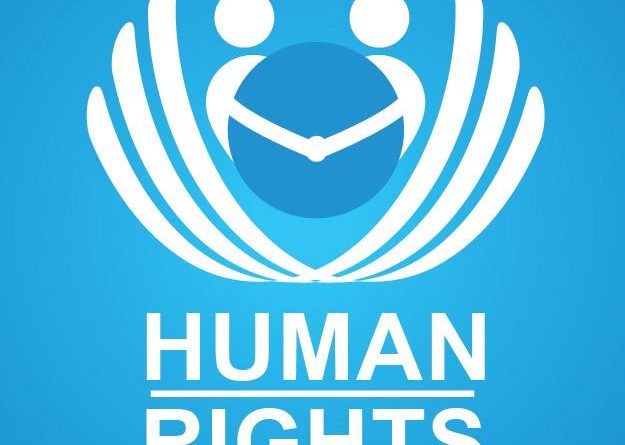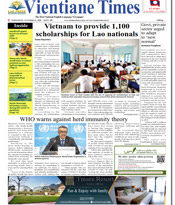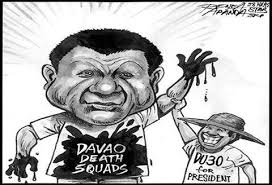EU: PH Human rights situation worsened in 2016 – EU
THE human rights situation in the Philippines considerably worsened during the second half of 2016 because of the government’s war on drugs, according to a report from the European Union.
<>
The Annual Report on Human Rights and Democracy in the World 2016 said despite positive developments in some areas, the culture of impunity and torture remain.
“The second half of the year was marked by a serious deterioration in respect for the right to life, due process and the rule of law,” the report stated.
It cited data from the Philippine National Police as reported in the media, wherein about 6,000 people were killed from July to mid-December last year, with one third of the deaths occurring in police operations.
“The president’s statements and actions have seemingly encouraged the police to take an aggressive approach in dealing with drug users and pushers, and have – according to human rights advocates – also encouraged vigilante style extrajudicial killings,” the report said.
The report however noted that extrajudicial killings (EJKs), including the killing of human rights defenders, journalists and indigenous people also happened under the administration of Benigno Aquino 3rd. It said the Aquino government was able to reduce killing and established a national monitoring mechanism for EJKs.
“One major problem in the Philippines is the prevailing culture of impunity since cases of grave human rights abuses, including killings of human rights defenders and media workers, remain largely unresolved,” the report said.
The EU said the Philippines should ensure that the campaign against illegal drugs and crime is conducted within the law, and that the right to due process is observed and basic human rights are safeguarded.
“As a State Party to the Second Optional Protocol to the International Covenant on Civil and Political Rights, the Philippines is obliged to respect its obligations under international law,” the report said.
The EU also cited the positive actions introduced by the Duterte administration, like the new momentum provided to the Mindanao Peace Process and the peace negotiations with the Communist Party of the Philippines-New People’s Army-National Democratic Front.
It welcomed the government’s socio-economic agenda that aims to lift the people out of poverty.
Last week, President Rodrigo Duterte announced that the Philippines will no longer accept “conditional” grants from the EU because these disrespect the sovereignty of the country.
Not a setback
On Monday, the Office of Civil Defense said Duterte’s decision to reject grants from the EU would not be a setback to the rebuilding efforts in Marawi City.
Assistant Secretary Kristoffer Purisima said the government can tap “other possible donors” to augment resources for the rehabilitation of Marawi.
“There are other possible donors,” Purisima told reporters said during the Mindanao Hour news briefing in Malacañang.
“I don’t think it will be a setback. We’ve been receiving pledges of support and we’ve been receiving support from many other sectors. And therefore we will be open to evaluating all their pledges and all the supports that they plan to give,” he added.
Purisima said the World Bank and the Asian Development Bank are assisting the Philippines on efforts to rebuild war-torn Marawi. JEFFERSON ANTIPORDA AND CATHERINE S. VALENTE
JA/CV/CC
Courtesy: BY THE MANILA TIMES | ON
<>
NOTE : All photographs, news, editorials, opinions, information, data, others have been taken from the Internet ..aseanews.net | [email protected] |
For comments, Email to :
Aseanews.Net | [email protected] | Contributor









